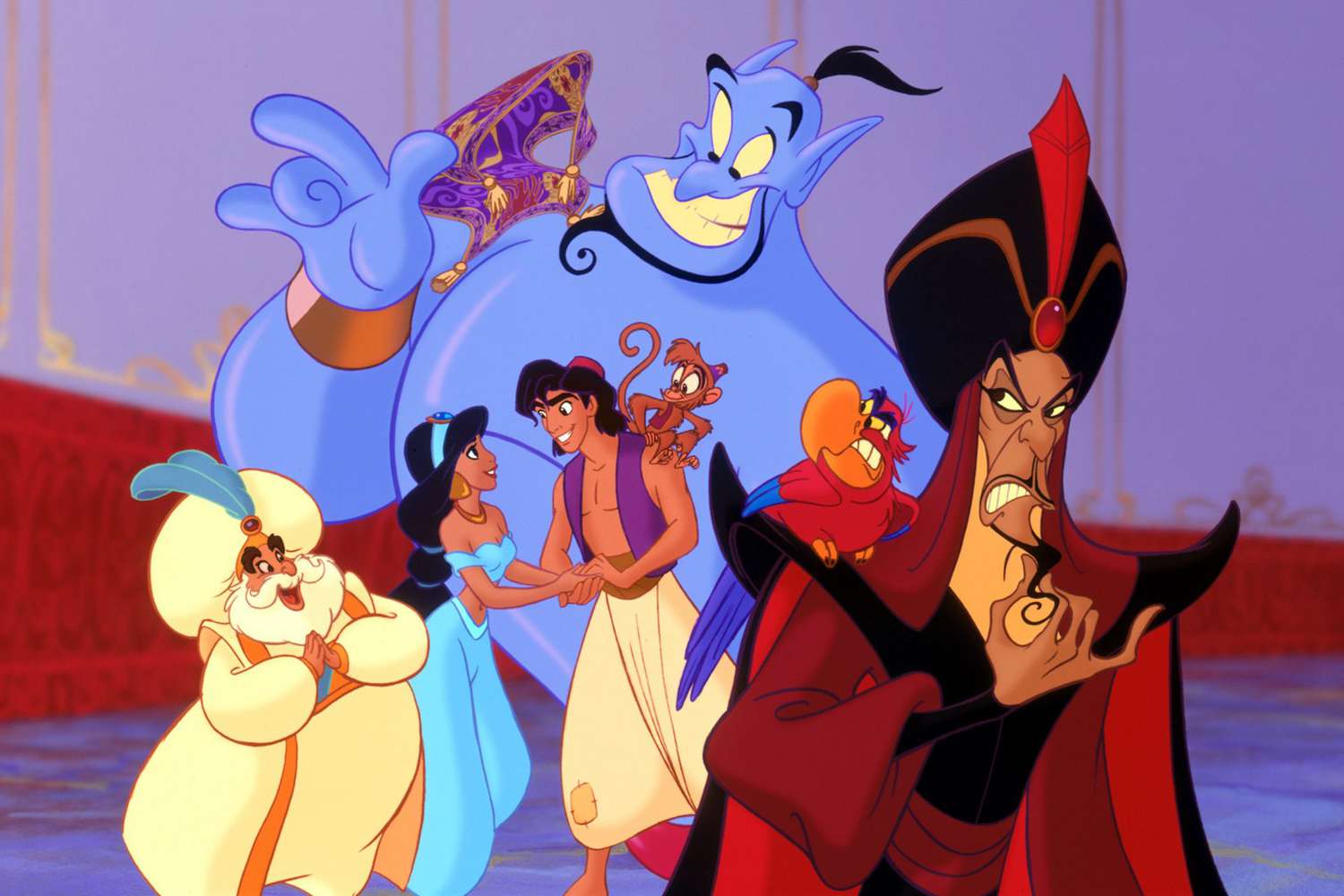Her beauty is luminescent, her conviction fierce. It’s a potent combination and why actress Logan Browning’s portrayal of student activist Sam White in the Netflix hit series Dear White People has struck a chord with younger audiences.
The series, based off the 2014 movie of the same name, also created by Justin Simien, seems custom made to address the uproarious intersection where President Donald Trump’s politics and Black Lives Matter collide. More importantly, beyond its pop culture relevance, is the show’s ability to humanize a people and their collective point-of-view to a larger population of viewers.
Logan plays a biracial Ivy League university student, Sam White, host of a popular, albeit controversial, campus radio show titled, Dear White People. Her character’s radio show within a television show is a platform for Sam’s grievances, her bottomless questions, and the racial and cultural issues that continue to surface on ethnically diverse college campuses around the world. It also serves as the show’s anchor point, introducing each episode’s message and plotline. And if you think the first season was binge-worthy, you haven’t seen anything yet!
As Logan and I discuss the second season of Dear White People, streaming May 4th on Netflix, we segue from her thoughts on acting and developing the character of Sam to social and political activism, the emotional triggers behind race and color, and some of the most pressing issues that our younger generations face in the age of social media and our relentless news cycle.
It becomes clear to me half way through our conversation that actress Logan Browning shares the values and concerns of her television alter ego, Sam White, but with a graceful confidence and ease of spirit that continues to allude Sam in the show’s second season.
TME: Typically, when I’m researching an actor, there’s a clear distinction between them and their character. With you, the unique challenge I faced is that I couldn’t clearly discern where your character, Sam White, ends and you begin.
Logan Browning: That’s an interesting observation. During season one, I was much further away from who Sam is. A lot of my portrayal of Sam was coming from a place of discovery and nervousness at taking on this role that Tessa Thompson originally played (in the 2014 movie, Dear White People).
In season two, part of me becoming comfortable with Sam, was to stop fighting the parts of her that I thought were so different from me, when really they’re not. There are similarities between the two of us. With most characters I’ve played, I find myself pushing back on any similarities because I don’t want people to think I’m not playing a character. I find joy in bringing someone to life who’s very different from me. But part of why I ended up getting the role of Sam is because I do fall into who she is very easily. Though her perspective on life is different from mine.
TME: How so?
Logan Browning: In terms of how she responds to the world, and some of her reasoning within her debates. I do believe that the longer you play a character, they naturally bleed into your real life. I’m not surprised that some of who Sam is may show up in who I am. I find myself saying some of the same quips that she does in my responses to things. I also find myself using what she says, like, “This has to be right, because Sam said it!”
TME: Has she brought out the activist in you?
Logan Browning: It’s made me more comfortable in being an activist. I’ve always been drawn to giving a voice and a face to people who aren’t seen or heard. I feel like that’s a part of what comes with being an entertainer and being in the public eye.
When people say that actors and musicians shouldn’t be policy adjacent, I think that perspective is ridiculous. They’re put in this position where they are in the public eye and people listen, so it makes sense that these two things go hand in hand. Because people are looking to my character, Sam, for that, they naturally look to me. It would be a huge disappointment to people if they saw that I was not speaking out on certain issues.
TME: Do you feel compelled to speak out because of the weight Dear White People holds with its audience?
Logan Browning: If you scroll through my Twitter, I’ve been vocal all the way back. You can even dig up my MySpace (laughs), way before this show, and you’ll see! I watched the film when it came out. I saw myself in Sam when I watched the film. Did seeing the character of Sam in the film influence me? Maybe it did. Playing Sam only aides in this burning desire I have to speak out. But I don’t feel compelled by it.
TME: You feel empowered by it…
Logan Browning: Yeah, I feel empowered by it, and I feel that being on a show like Dear White People makes me want to use my voice. I’m inspired by the people I’m surrounded by. I’m surrounded by so many young, influential artists who have great talent and great passion, and a desire to leave a mark that goes beyond their artistry. It’s a new kind of energy in comparison to when I first started acting at the age of fourteen.
TME: What are some of the hot topics you guys discuss on set when you’re all off camera?
Logan Browning: On set, honestly? We goof off. If you’re a person who knows what it’s like to live a life of trauma or a life of less than and difficulty, then you know that the best therapy is laughter. And that’s what we do, we laugh a lot. It’s a part of our culture. Black people together just have a good time. When you get black people together, they don’t want to have a depressing time.
Yes, heavy conversations can happen, and they do happen a lot. Sometimes they’ll happen in our group texts or once an issue comes up. More serious conversations will happen when people ask us about the show and we talk about those topics with other people. I may read something that one of my cast-mates said in an interview, and then I’ll talk to them about it and say, “Hey, I didn’t know you were affected in that way. Tell me about it…”
TME: Can you give me an example of an issue that’s come up?
Logan Browning: I’ve always felt I understood and was aware of my privilege as a light skinned person in this world, and in my industry. I was always aware of it, but I’ve realized that I was still missing the mark until I started to see some of what my fellow actors have said in interviews. I’ve realized that there’s a larger part of their experience than I was understanding. I want to make sure I’m not just being an ally to the black community, but also addressing these more specific issues that are even more nuanced than I’ve personally experienced.
TME: Let’s talk about the nuance of color within the black community. Being that you are light skinned and with green eyes, has there ever been a time in your life when you wished to have darker skin and dark eyes to fit in socially? Were there ever social consequences associated with your appearance?
Logan Browning: I’ve been grateful to have the parents that I had growing up, and I’ve never had any kind of self-loathing in terms of wishing to be something else. But I definitely grew up in a place where I wished people treated me the way I wanted them to. If they were treating me like I didn’t fit in, then I just wished to be treated differently, but I never wished I looked different.
TME: Were you treated as something “other”?
Logan Browning: In both ways, I was. I’m on a spectrum. From white people I was treated a certain way, sometimes good and sometimes bad. Same for the African American community. I was accepted sometimes, and sometimes I wasn’t. It’s a spectrum that I exist on. It’s part of my experience, just kind of being stuck in the middle.
As you get older it changes from wishing they would treat you differently to just trying to understand them, and not worrying as much about fitting in. You realize the reason you’re not fitting in is because you have a privilege that they don’t have. You have to understand their experience.
TME: Your character Sam has mixed emotions about having a caucasian father, and yet, she falls for a white guy on campus who has a similar energy to her father. She has mixed emotions towards both of those men in her life, and it’s an interesting parallel.
Logan Browning: Absolutely. She feels so comfortable with Gabe because he reminds her of what she has been around her whole life. She’s been around a white male energy her whole life. In the same breath, she’s also been around African American male energy because of her mom and her mom’s family. Sam does feel that pull towards Gabe, possibly because of her dad.
Yet, because she has also been exposed to the strength of a black man, she wants to be around that as well. It’s difficult for her to try to navigate that. Deeper than what Sam’s dad looks like, if you look at the characters of both Reggie and Gabe (both love interests), they both have an intelligence that is mirrored in her dad. The reason she leans more towards Gabe than Reggie is because Gabe challenges her like her dad challenged her.
Allison Kugel: What are your personal rules about dating your co-stars? Yay or nay?
Logan Browning: Naaayyy (laughs)! Number one, I’m more attracted to the opposite of myself. I’m attracted to more of an engineering mind. When you’re on a set, you’re falling for someone else’s character sometimes. I think [actors] forget that you’re in hair and makeup all day and you’re seeing people in their most glorified state, so it’s very easy to fall in love with anyone you’re around. I would never.
TME: I found an older quote from you that reads, “I don’t want people to know how I’m feeling, because it makes you more vulnerable.” Are you still that way?
Logan Browning: That was a part of something else I was saying, but I think that comes and goes with me. I know when it comes to being in a public space, I actually do like being really open with people. I feel like it’s my motive to educate the world that the people they see in the public eye are just like them, and they have issues just like them. I’m always trying to take celebrity off its pedestal.
Even though there is power in it, I sometimes find myself trying to knock myself off any kind of pedestal I would ever be put on, because I don’t feel that way. So, in that way I do make myself open and vulnerable, and I feel like it does connect me to other people. I’m way more open publicly than I am if someone is trying to get to know me. I put my guard up and guard my heart. But there are certain personal things I can be vulnerable with. I don’t mind telling the world I get depressed sometimes. I don’t mind telling the world that I don’t live in a huge house. I don’t mind telling the world things that make me relatable. But there is a whole other part of Logan that I keep to myself, and that’s just because I want to be safe.
TME: After the Parkland, FL, school shooting, some of the more outspoken students commented that the news media did not cover the diversity that exists at Stoneman Douglas High School. They focused their cameras on white students and white parents. What are your thoughts about this obvious exclusion?
Logan Browning: Every single act of gun violence is absolutely terrible, but it’s just so interesting that these young people’s voices are finally being heard now. It’s like, really? Now? In 2018? I’m not bitter at all about the fact that this movement is happening now because any kind of talk is good, and any type of move towards progress I’m on board with. But it is one of those obvious things where images that are more palatable are the things that people want to talk about. I think that’s why a show like Dear White People is so important. It puts these colored faces on the screen and forces the audience to begin to relate to these characters who possibly don’t look like them.
TME: What do you hope Dear White People does for 18–21 year olds who are watching you from their college dorm rooms?
Logan Browning: I hope that the show is comforting for that specific age group. I hope that it’s a love letter for them, so that they feel like their voices are heard and time-capsuled and represented. We’re not re-inventing the wheel. These kids already exist on college campuses, and they are being super active in terms of being activists.
I hope they feel seen and it further encourages them to do the great work that they already plan to do. I really hope and pray that older people will watch as well so they can understand what 18-21 year olds are experiencing, and what their world is now. It’s reminiscent of what their world might have been when they were younger, when the civil rights movement was happening.
TME: This new generation is experiencing everything on steroids because of our 24-hour news cycle. I think that is something the older generation needs to fully understand, if they don’t already.
Logan Browning: We all are experiencing so much trauma and it’s not being addressed in terms of our mental health, especially kids. When I was in middle school, I would learn about what was going on if I came home and my parents happened to have the news on, or maybe if they were talking about it at school. But I didn’t have a device that was constantly telling me about every shitty thing happening in the world, 24/7.
TME: I came of age in the 90s, which has been called our “break from history,” because tragedies seemed to be far and few between in mainstream America. However, they were not a rare occurrence in many urban communities. Looking back as a mature adult, I remember that acts of gun violence were happening on a regular basis in our urban communities. In my suburban community and in my own circles, I felt safe. So who really got that break from history?
Logan Browning: That’s a good observation.
TME: Now that acts of gun violence are happening in the “good neighborhoods,” suddenly it’s everybody’s problem. Connecting those dots is humbling.
Logan Browning: It’s along the same vein as the Parkland activists. It’s great that everyone’s aware of it now, but what about all those people we’ve forgotten for so long?
TME: Why do you think black men in our society are both feared and fetishized, simultaneously? This is a dynamic that’s depicted on your show, Dear White People.
Logan Browning: Slavery. That sounds like something Sam would say, but it’s our history. You take any people out of their homeland and you make them a hot commodity… you’re selling them up on how strong they are, how big they are, how hard they work. America created this. They created that dichotomy of what they imagine a black man to be.
TME: What storyline are you most excited for audiences to see in the second season?
Logan Browning: Oh man, in a general sense, I love all of the characters’ stories and all of the individual storylines because you are really getting to know these people. I do love Coco’s storyline. I think it’s a great conversation starter. Every episode in the second season is a conversation starter, which is more what I look forward to than any one storyline. I just know I’m excited about the issues that are covered this season.
TME: Finish this sentence: “Dear White People…”
Logan Browning: It’s so funny, the other day Justin [Simien, Creator of Dear White People] said, “Dear White People, You’re Welcome.” (Laughs). I think it’s “Dear White People… whiteness, blackness; all of it is a creation. It’s a human device that we’ve created, and one that white people in history created and it’s malarkey.” It’s a factory now, one that we all have to mill about in, but it’s a complete fabrication. We have different experiences, yes, but we are all the same. In order to get to the point where we all see each other as the same, we would have to first go back and dissect every life experience we’ve each had before we can wipe the slate clean and say, “Yup. We’re all the same. Back to square one.” Whiteness and blackness are malarkey, but to get to that place we would have to better understand each other.
Season two of “Dear White People” premieres May 4th on Netflix.

Movie
Upcoming NTR Junior projects
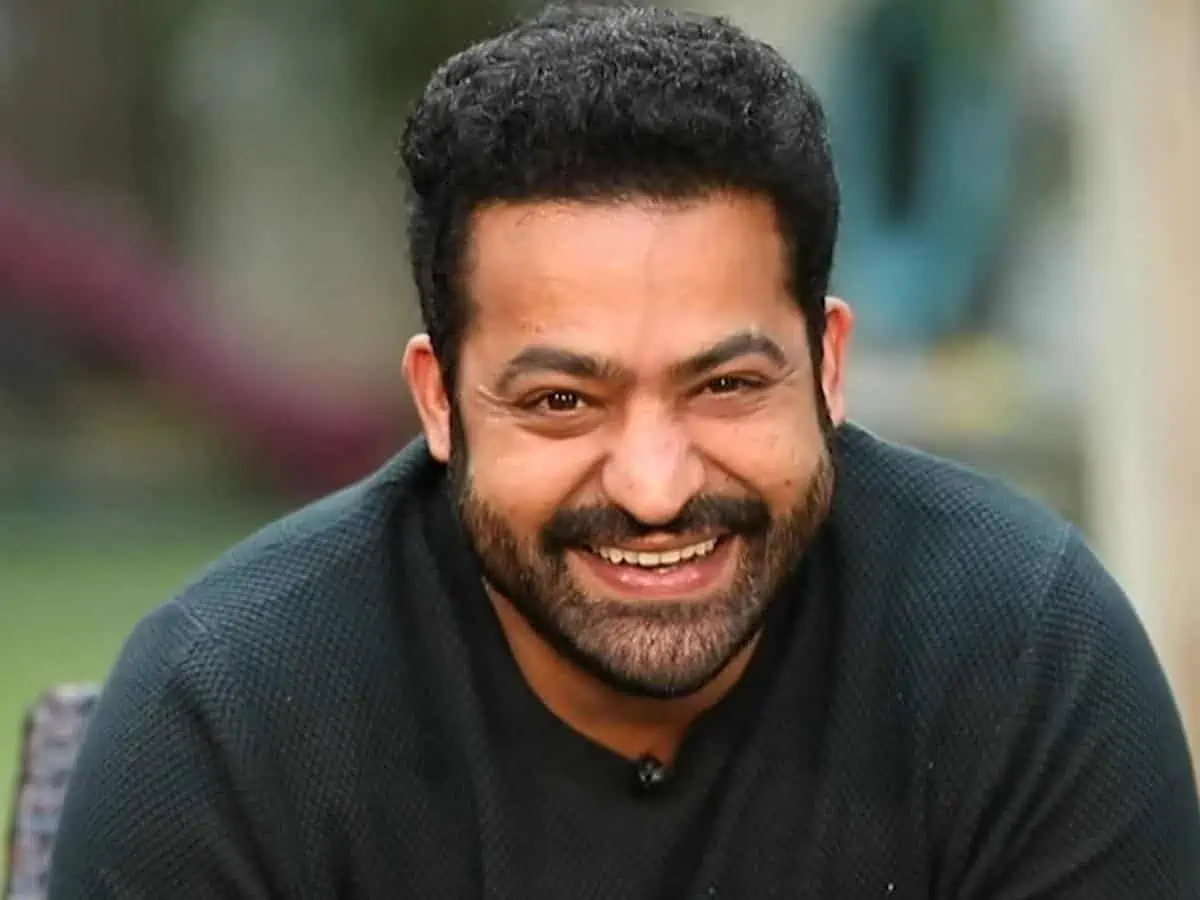
Nandamuri Taraka Rama Rao Jr., affectionately known as Jr NTR, has consistently enthralled audiences with his dynamic performances and versatile acting prowess. Following the successful release of “Devara: Part 1” on September 27, 2024, fans are eagerly anticipating his forthcoming projects. Here’s an overview of what’s next for this action superstar.
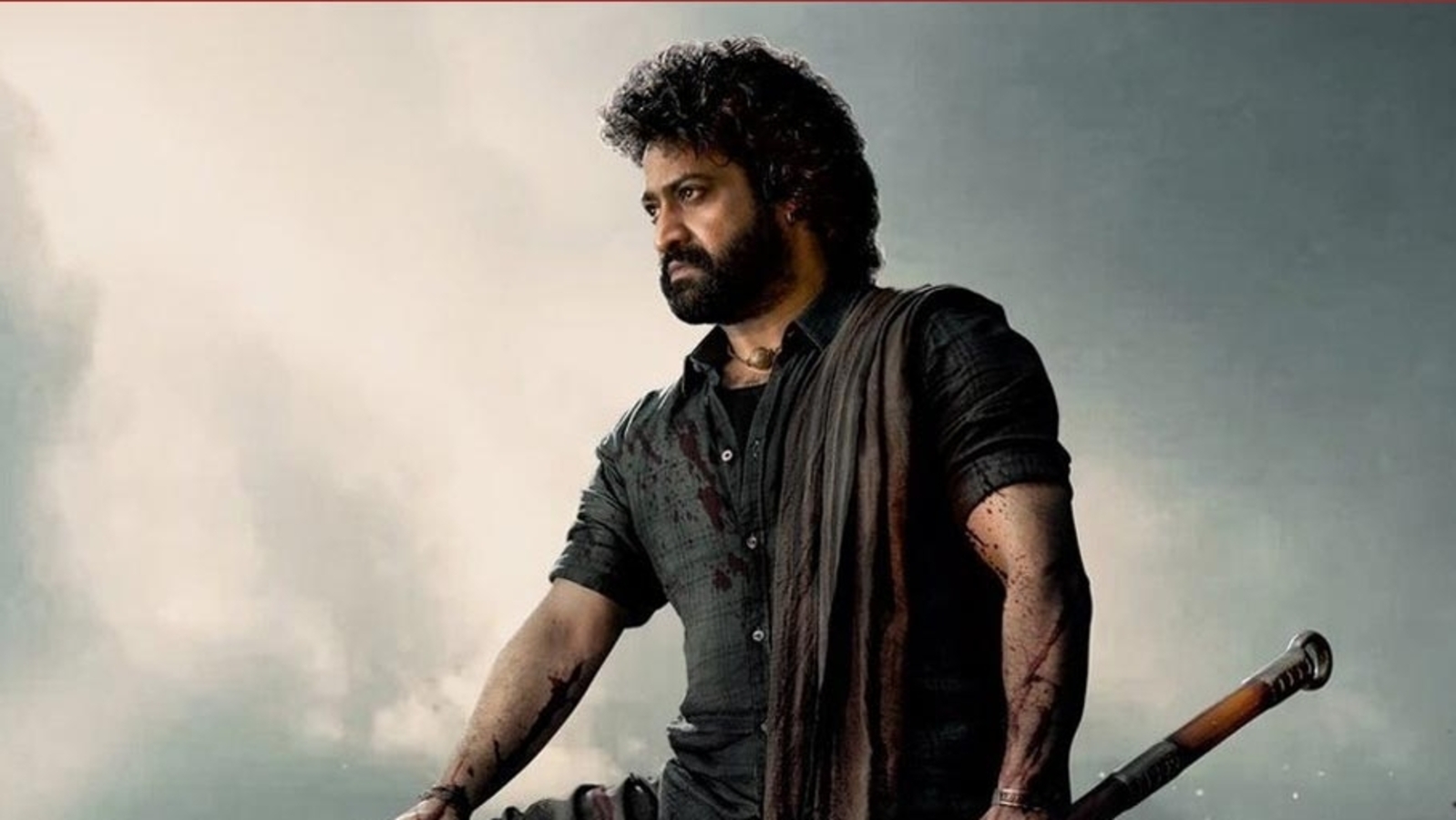
1. Devara: Part 2
After the resounding success of “Devara: Part 1,” which grossed over ₹466 crore globally, the sequel is highly anticipated. Director Koratala Siva has hinted that “Devara: Part 2” will be even more intense, stating that if Part 1 showcased 10% of Jr NTR’s capabilities, Part 2 will unveil the remaining 90%. Filming is slated to commence in the first half of 2026, with a targeted release by the end of that year.
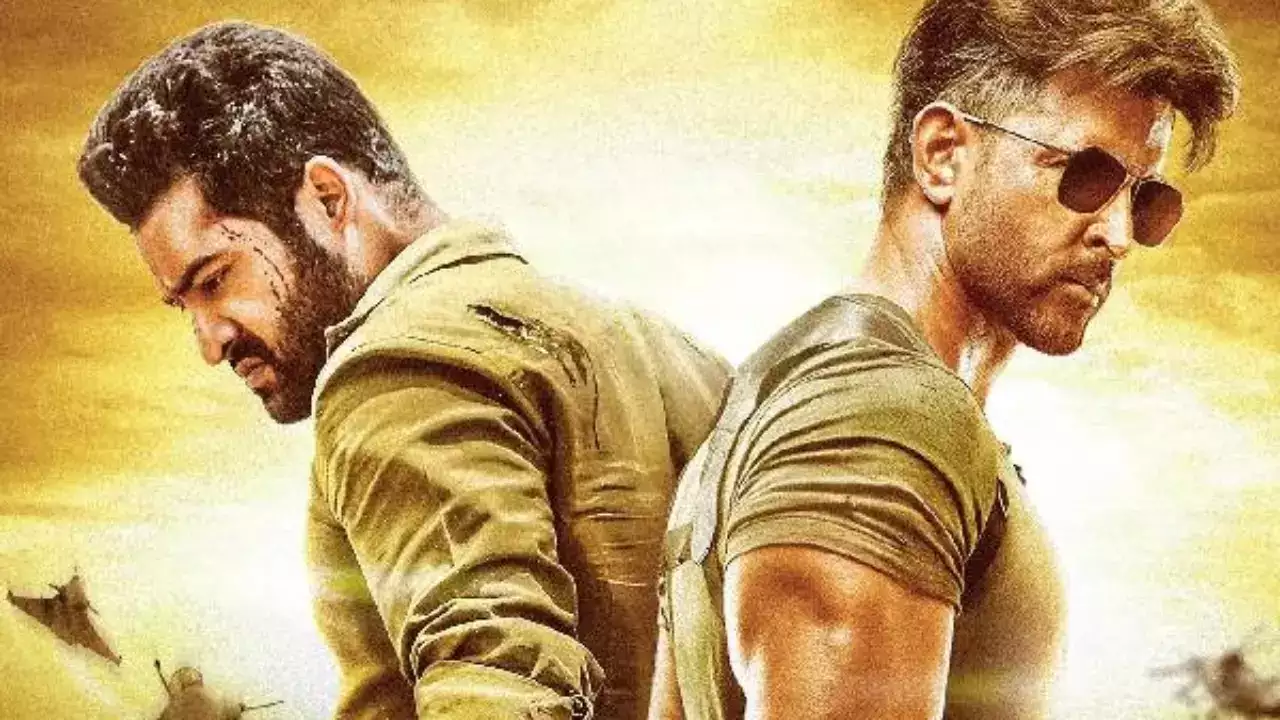
2. War 2
Expanding his horizons, Jr NTR is set to make his Hindi film debut with “War 2,” directed by Ayan Mukerji. This sequel to the 2019 blockbuster “War” will see him sharing screen space with Hrithik Roshan and Kiara Advani. The film is part of the YRF Spy Universe and is scheduled for release on August 14, 2025, coinciding with the Indian Independence Day weekend.

3. NTR 31 (Tentative Title: Dragon)
In collaboration with acclaimed director Prashanth Neel, Jr NTR will star in a period drama tentatively titled “Dragon.” The film is set to delve into themes of immigration and is expected to be one of the most expensive projects for both the actor and the director. The movie is slated for a grand release on January 9, 2026.
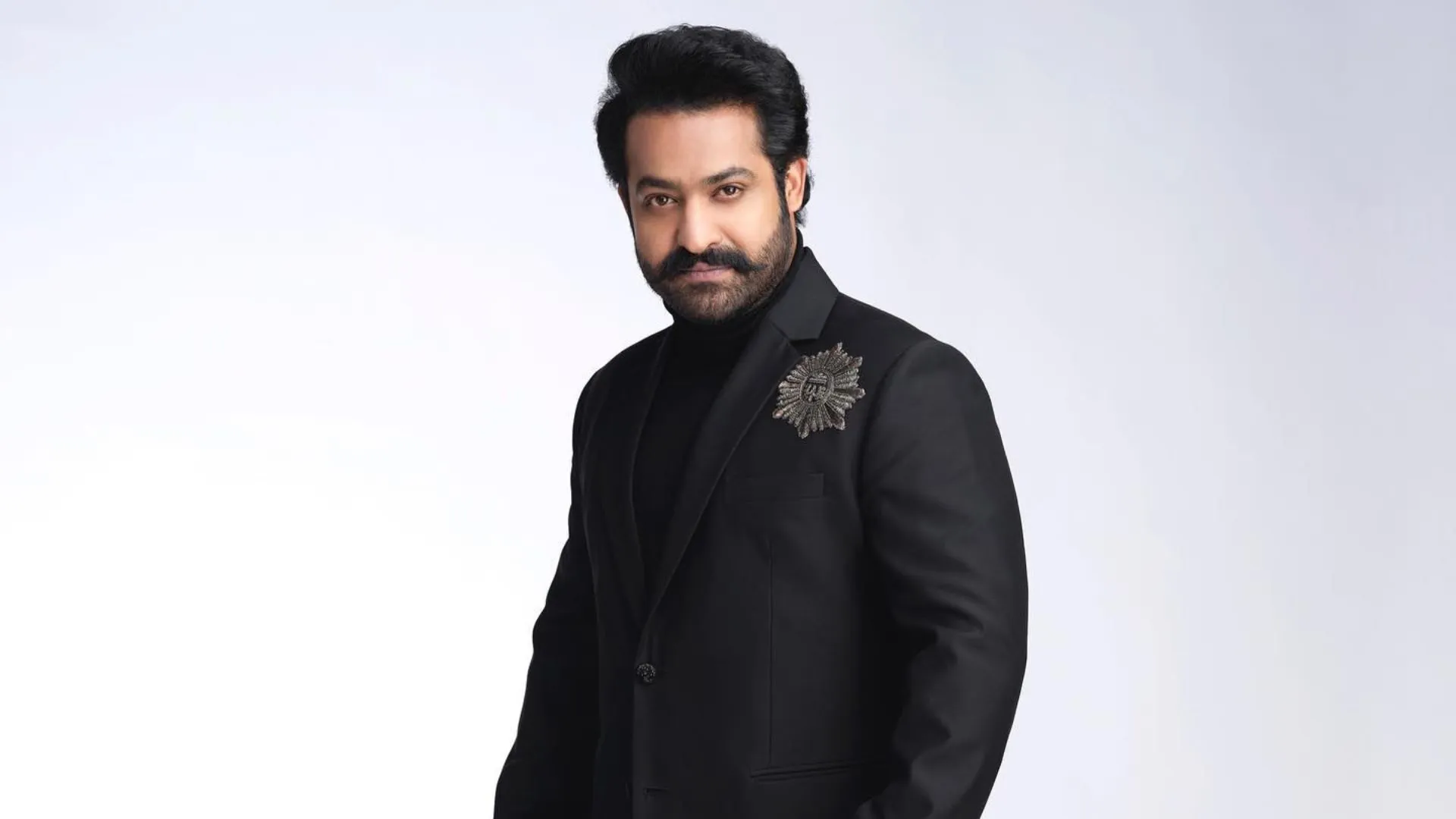
Why Jr NTR is the Action Hero Everyone Wants to See
Jr NTR’s appeal as an action hero stems from his ability to seamlessly blend intense physicality with deep emotional resonance. His performances are characterized by a compelling screen presence, dynamic energy, and a remarkable ability to connect with audiences across diverse roles. This unique combination of skills has solidified his status as a leading figure in Indian cinema, making him the action hero everyone wants to see.
With a lineup of diverse and high-profile projects, Jr NTR continues to push cinematic boundaries and captivate audiences worldwide. His dedication to his craft and ability to reinvent himself with each role ensure that fans have much to look forward to in the coming years.
Movie
“Death of a Unicorn: A24’s Twisted Fairytale You Won’t Forget”
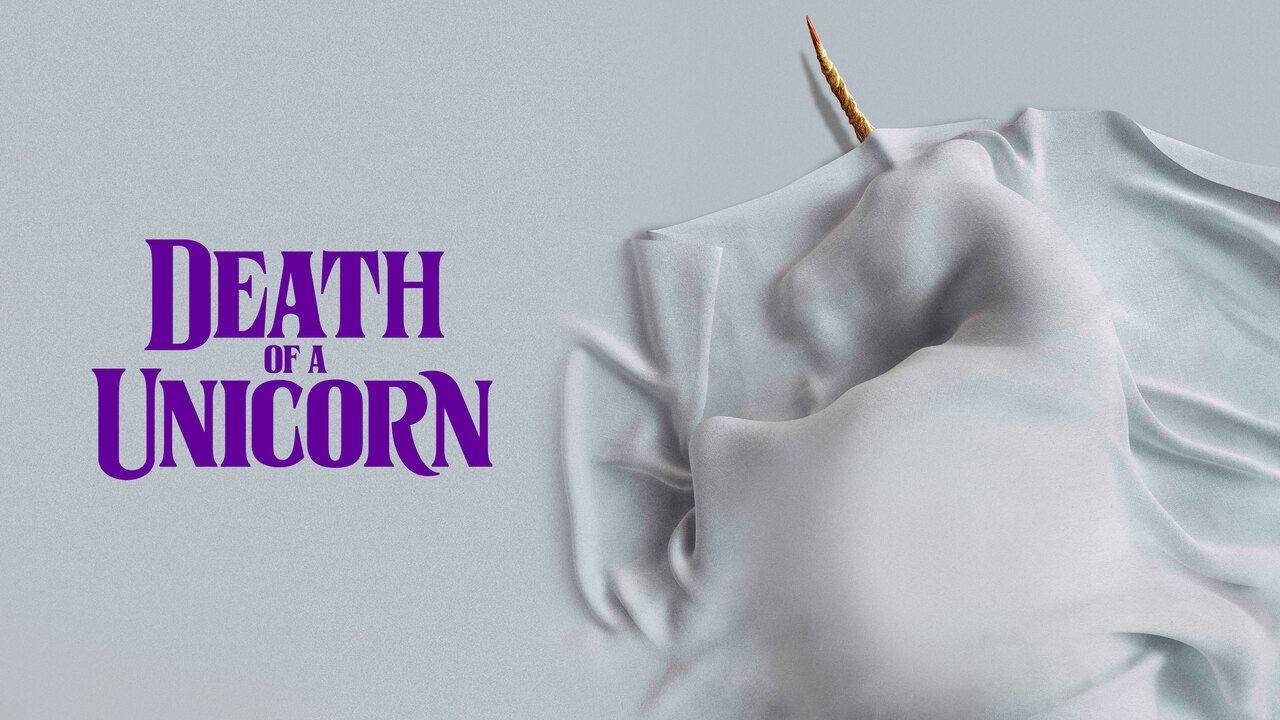
Headed to a wilderness retreat of a wealthy pharmaceutical CEO to hopefully land a lucrative job, widower Elliot and his reluctant daughter Ridley manage to have a car accident with a heretofore-thought creature out of legend, and hijinks ensue!
Oh this is an absolute gem of a movie y’all, brought to you by the genius minds of film production company A24, a delightful blend of horror and campy, almost idiotic, comedy. Make sure your seatbelt is buckled and let’s dive into this!
So Ridley (Jenna Ortega) is you typical teenager, angsty and missing her passed-on mother, full of acne troubles and secretly vaping while her dad Elliot (Paul Rudd) ignores her for much more than appearance purposes, while he schmoozes his way into the good graces of the family they’re going to stay with. Elliot ignores everything but his continued greed, for both money and continuous stability for him and Ridley, really, he swears, so when the misty mountains cause their electronics to go haywire and Elliot’s busy with that crisis, he doesn’t notice until it’s too late and BAM. You’ve hit an actual unicorn with your car.
Like most girls, Ridley can’t help but be fascinated by the poor mythical horse-like creature, and of course she reaches out to grasp the glowing horn, filling her head full of magic and her eyes full of stars and the cosmos, while Elliot has a much more, let’s say visceral, reaction. But rather than calling, I dunno, some sort of wildlife preserve or the cops or even considering burying the unfortunate horned horse, no, the baby is loaded like a downed stag into the back of Elliott’s car and they hurry on to the CEO’s wilderness retreat.
It makes sense that the changes to Ridley’s appearance are the first thing that allows O’Dell (Richard E. Grant) and his greedy, grasping family to understand that the body of the unicorn has healing properties. Wife Belinda (Tea Leoni) is your typical utterly vapid socialite who helps the poor downtrodden of whatever’s currently popular third world country, not for the do-gooder part of it, but for the optics. And their son Shepard (Will Poulter) is a walking poster boy for the arrogant frat boy type who could never settle on just one thing to be or do, and so he tries them all – archery, photography, mixology, music and various forms of pharmaceuticals, all while sporting these terrible fashion choices in shorts and rambling proudly about his nonexistent accomplishments. Griff (Anthony Carrigan) is the family butler and general verbal punching bag, and let us not forget the unfortunate pair of doctoral research scientists who get called in to examine the unicorn, Dr. Song (Steve Park) and Dr. Bhatia (Sunita Mani).
So we have a family of covetous types who all want to divy the unicorn up and sell its various parts for as much wealth and power as they can get, plus the pair of scientists who are flabbergasted to find themselves dissecting an actual unicorn that, hey, guess what, isn’t actually dead for really-real yet. Elliott’s trying to procure his and Ridley’s slice of the action, though honestly, his lawyerly powers of persuasion seem to be rather lacking in this regard, while Ridley is off doing some actual research on medieval unicorns and what the ancient legends in tapestries had to say about them. You know how the modern genie, with his Arabian lamp and his three wishes with their horrifically ironic consequences, actually stems from the ancient legend of that old monster, the creature born from fire that wants nothing more than to destroy all human life on Earth, the Djinn? Our modern legends and beliefs about unicorns is kinda like that.
So everyone, even our scientists with their experiments and O’Dell supposedly being an experienced animal hunter, seems to have forgotten that a horse is a mammal and therefore, has parents. And while everyone is concerning themselves with what to use the babies’ various parts for, only Ridley seems to have realized, that the babies’ sire and dam are coming for it!
We all know horses are smart, and that humans and horses can form an almost mythical bond, but when a stallion or even a dam’s ire is raised, they can attack and defend just as well as any rampaging beast, and do present a very real and dire threat. And these particular horses, with their shaggy midnight-black coats and hooves the size of monster-truck hubcaps, their fangs and absolute righteous rage at their baby being stolen, not to mention both mom and dad’s inherently magical nature, and those utterly badass war-unicorn horns, are here to wreak utter destruction and death upon the humans that would dare to eat, drink and snort, their baby!
Full of utterly ridiculous fun with human greed and the scarcely-remembered wonder of those magical creatures you heard about as a child, cheer along with the Jurassic Park-like screech of our rampaging parents to save their baby, in Death of a Unicorn, in theaters now!






